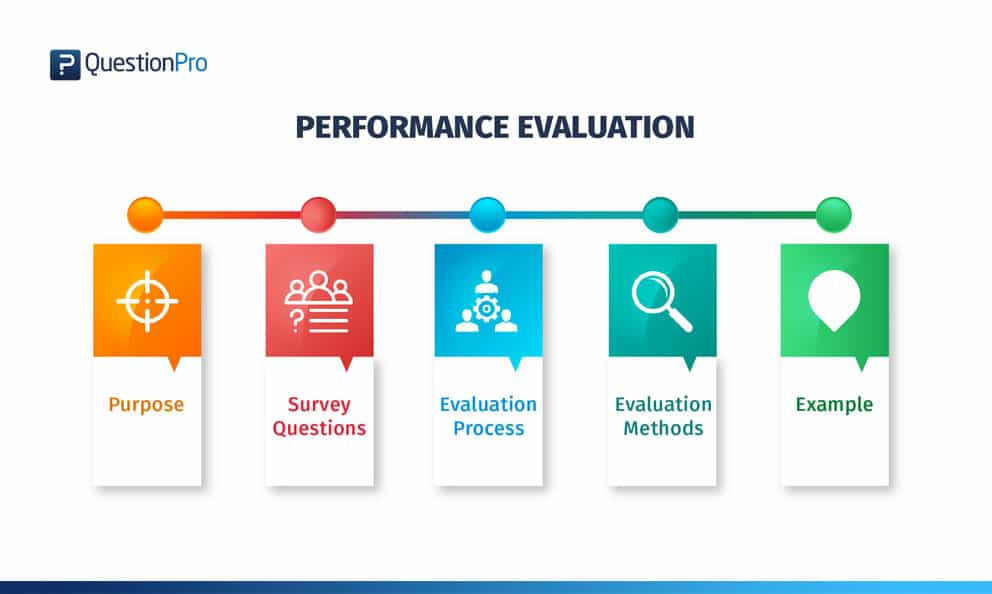Performance Reviews
Performance Reviews
What is a Performance Review
Definition:
Performance reviews, also known as performance appraisals or evaluations, are systematic assessments conducted by employers to evaluate an employee’s job performance, contributions, skills, and areas for improvement. These reviews provide valuable feedback to employees, set expectations, recognize achievements, and identify opportunities for development and growth within the organization.
Purpose:
- Feedback and Recognition: Performance reviews offer a platform for supervisors to provide constructive feedback, acknowledge accomplishments, and recognize employees’ contributions to the organization.
- Goal Setting and Alignment: Performance reviews facilitate discussions on setting SMART (Specific, Measurable, Achievable, Relevant, Time-bound) goals and aligning individual objectives with organizational priorities and strategic initiatives.
- Development and Learning: Performance reviews identify skill gaps, training needs, and professional development opportunities to help employees enhance their competencies, advance their careers, and achieve their full potential.
- Promotion and Compensation Decisions: Performance reviews serve as a basis for making decisions regarding promotions, salary adjustments, bonuses, and other forms of recognition and rewards based on merit and performance.
Components of Performance Reviews:
- Self-Assessment: Employees typically provide self-assessments or reflections on their performance, accomplishments, challenges, and professional goals, which serve as a foundation for discussions during the review.
- Manager Evaluation: Supervisors evaluate employees’ performance based on predefined criteria, such as job responsibilities, key performance indicators (KPIs), core competencies, and behavioral attributes relevant to their role.
- 360-Degree Feedback: Some organizations incorporate feedback from peers, subordinates, and other stakeholders to provide a comprehensive assessment of an employee’s performance and interpersonal skills.
- Development Plans: Performance reviews culminate in the formulation of individual development plans that outline actionable steps, milestones, and resources to support employees’ growth, skill enhancement, and career advancement.
Best Practices for Conducting Performance Reviews:
- Regular Cadence: Conduct performance reviews on a regular basis, such as annually, semi-annually, or quarterly, to provide timely feedback and maintain accountability.
- Two-Way Dialogue: Encourage open and honest communication during performance reviews, fostering a collaborative environment where employees can share their perspectives, aspirations, and concerns.
- Data-Driven Evaluation: Base performance assessments on objective criteria, measurable outcomes, and behavioral observations rather than subjective impressions or biases.
- Continuous Feedback: Supplement formal performance reviews with ongoing feedback and coaching sessions throughout the year to address issues promptly, celebrate achievements, and course-correct as needed.
Benefits of Performance Reviews:
- Employee Engagement: Performance reviews promote employee engagement, motivation, and job satisfaction by demonstrating that their contributions are valued and recognized.
- Performance Improvement: Constructive feedback and goal-setting discussions help employees identify areas for improvement, develop new skills, and enhance performance outcomes over time.
- Retention and Talent Development: Meaningful performance reviews contribute to employee retention, talent development, and succession planning by investing in employees’ professional growth and career progression.
- Organizational Alignment: Performance reviews foster alignment between individual and organizational goals, values, and expectations, ensuring that employees’ efforts contribute to the overall success of the organization.
Key Takeaways:
- Performance reviews are integral to fostering a culture of accountability, continuous improvement, and employee development within organizations.
- By leveraging performance reviews as opportunities for meaningful dialogue, feedback exchange, and goal alignment, organizations can empower employees to thrive, grow, and contribute to organizational success in a dynamic and competitive landscape.





